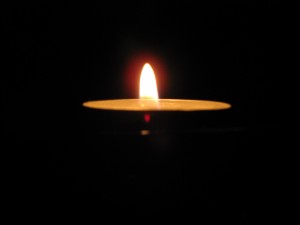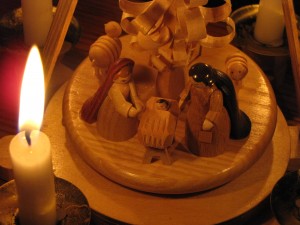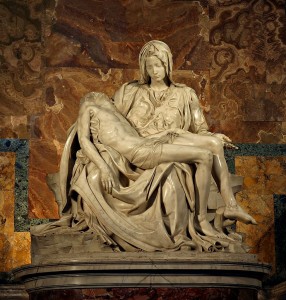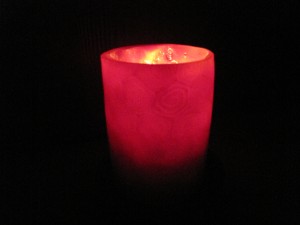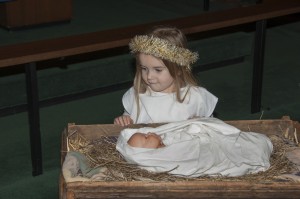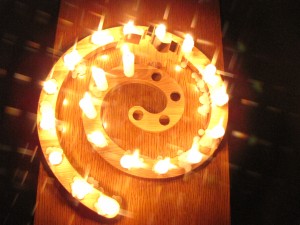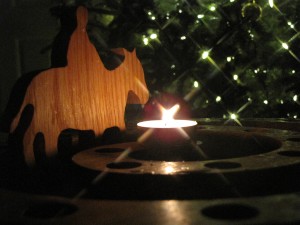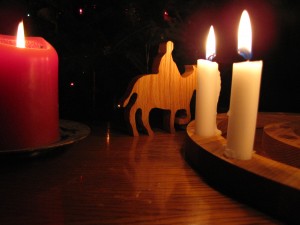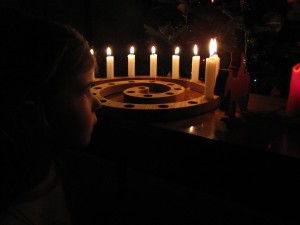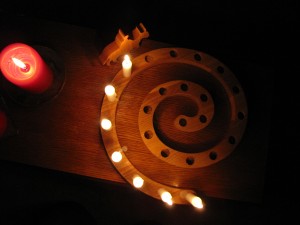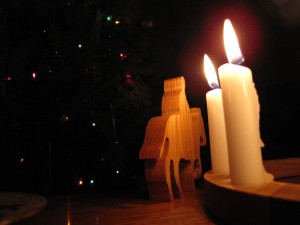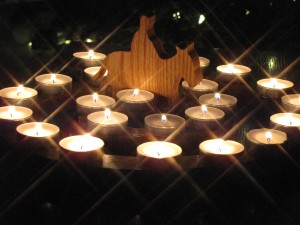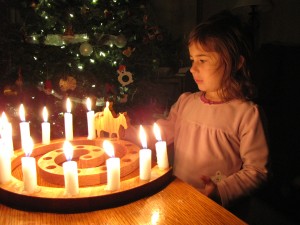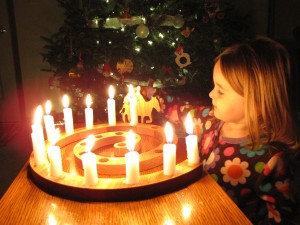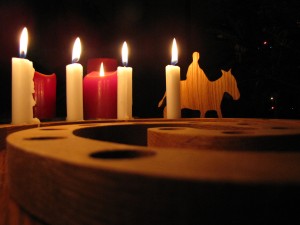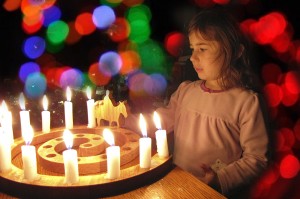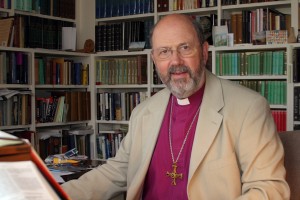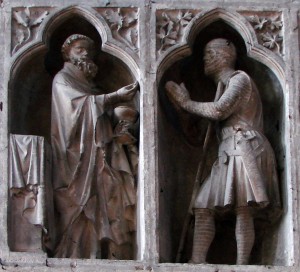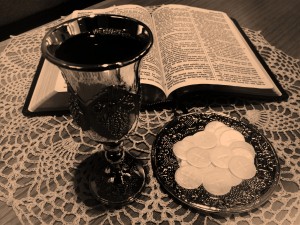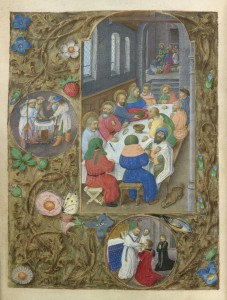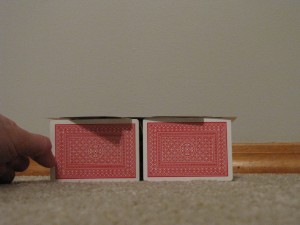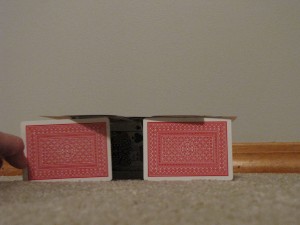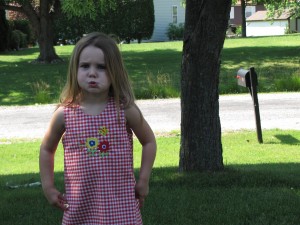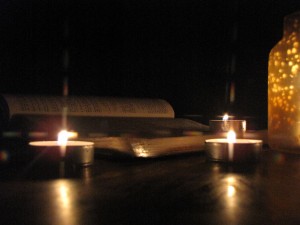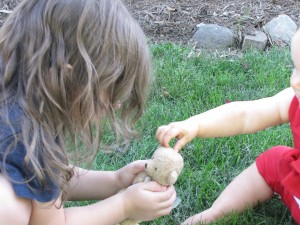To hear my blog post read aloud, just click the play button. If you’re reading this in an email, you may have to click here to hear the post on my site.
Christmas begins in the dark.
Advent, this season leading up to Christmas, is for us. It is for we who live in the dark.
This season seems to amplify pain. Those who are lonely feel more lonely, those who are grieving feel their grief more deeply, those who are hurting seem to suffer more.
And that’s okay.
It’s okay not to feel happy this time of year.
After all, Christmas doesn’t mean much if we don’t need it.
Mary understood. Her angel visitation led to a rift between her and her beloved, a painful journey on a donkey, and giving birth next to a chicken.
Even as she clutched her newborn son, she heard the prophecy of a sword piercing her heart and wondered.
Even after her Christmas, her beloved son grew farther and farther away from her, uttering such things as Why would you look for me? Don’t you know I must be about my Father’s business? and, when she came through the crowds to see him, My mother and my brothers are those who hear the word of God and do it.
Yet Mary stayed close. She trusted and held on to her faith in her son no matter how distant he seemed, even when he died. She stayed close. Everywhere we look in the gospels we see Mary, hovering on the outskirts, still showing up, still coming back to her son again and again.
Can we do the same?
Can we hold on to our faith in the Son no matter how distant He seems, even if He seems to be dead?
This world is dark and we live in a continual Advent.
Don’t run away from the bitter-sweetness of this Advent season. You don’t have to pretend to feel joyful.
Don’t hide behind the tinsel and lights. Neither should you ignore the colors completely.
Linger as you abide with the sorrow and the joy, the hurt and the hope that are woven together in this season. Stay close to the Son however far away He may seem.
Settle into the knowing of how desperately we need Christmas, how desperately we need God-with-us.
Our Father promised that Christmas would come
and it will be all the more beautiful for having lived through the darkness of Advent.
Art credit: Pieta by Michelangelo; all other photographs copyrighted by Elizabeth Giger

